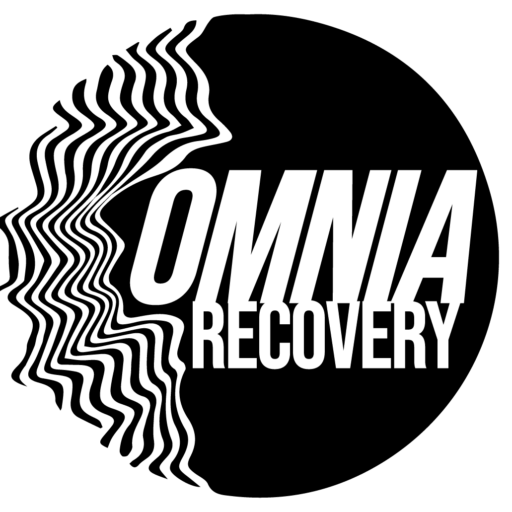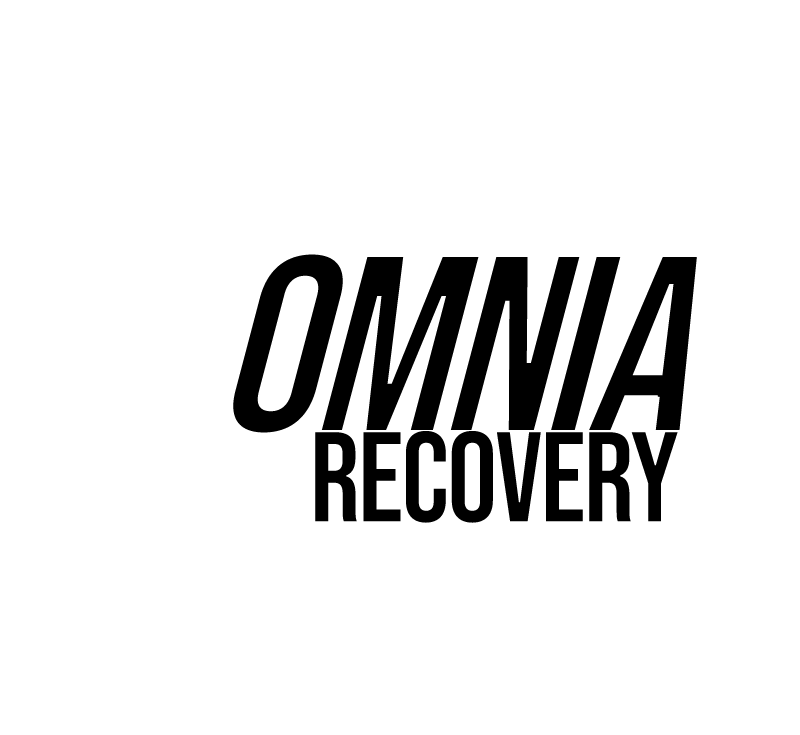Today, holistic practices like mindfulness and meditation are quickly becoming popular forms of addiction treatment.
- Mindfulness in addiction recovery is an evidence-based methodology that helps clients understand and accept the spectrum of their emotions at any given time, better knowing the whole self.
- Mindfulness-based relapse prevention serves as a viable tool for long-term success, giving people a way to better understand and explore their emotions when stressed or triggered after treatment.
Contact the admissions team at our behavioral health clinic in Ventura County today to learn more about available treatment options.
What Does Mindfulness-Based Relapse Prevention Look Like?
Mindfulness-based relapse prevention looks very simple.
Let’s look at some examples:
Terry
Terry recently completed treatment for drug and alcohol addiction but is starting to feel overwhelmed one day because of financial stress, the inability to find a stable job, and a lack of transportation.
So, Terry uses mindfulness tools and techniques to reflect and recognize that these are feelings of temporary stress. Instead of letting these feelings overwhelm him or control his actions, Terry uses mindfulness to recognize that stressing about these issues all day is creating unnecessary anxiety. Terry goes to a support group meeting where he finds comfort in those around him. When he leaves the meeting, he feels calmer and collected.
Upon deeper reflection, Terry uses positive affirmations to list the qualities about himself that matter most, the first things that pop into his head. He reminds himself that he is loved, he is supported by those around him, he is strong, he is kind, and he is loving.
With those affirmations firmly rooted in his mind, Terry is more confident about the things that matter most in his life and feels a sense of balance.
Nina
Nina is currently receiving treatment for addiction. One day, after being estranged from her family and feeling particularly lonely, Nina notices her energy fade, and feelings of hopelessness creep in. At first, she tries to ignore them, push them away, and force herself to be happy.
Then, she remembers her mindfulness training. Now, she decides to sit with her emotions rather than try to take action to make them go away or hide them immediately. By taking a moment to reflect, Nina reminds herself not to judge herself for feeling lonely or depressed but not to let those feelings control her actions.
Upon deeper reflection, she realizes that her feelings of low energy are probably from not sleeping well, but she has given herself permission to be fatigued and depressed. Suddenly, with that acknowledgment and permission, Nina feels at ease despite the persistent low energy throughout the day and bouts of sadness.
How is Mindfulness in Addiction Recovery Helpful?
Too often, people who struggle with addiction use their addictive substances to numb pain or emotions. This means they never sit with or fully embrace all of their emotional states, everything that defines them.
Instead, they try to push away or mask the bad or uncomfortable feelings.
Mindfulness practices teach clients to learn how to sit with their emotions and let the emotions wash over them without controlling their thoughts or actions. Mindfulness teaches individuals to accept the entire spectrum of their feelings without judgment without trying to change or control their emotional state.
Moreover, it teaches clients to identify, accept, and explore the root causes of those emotional states. Rather than trying to push negative or uncomfortable thoughts away, mindfulness gives a chance to face those feelings and uncover what might have prompted them in the first place.
Learning to accept the whole person is the first step in truly getting to know oneself, and that is the foundation of lasting recovery.
Mindfulness with Omnia Recovery
With Omnia Recovery, we incorporate mindfulness programs into all of our levels of care. Clients who participate in partial hospitalization programs or intensive outpatient programs can learn essential mindfulness skills that help them during their recovery and long after treatment.
Our goals are to provide customized treatment to each client, rooted in honest communication. A big part of achieving that communication is learning how to identify and communicate your emotions with mindfulness.
Overall, mindfulness-based practices serve important roles in helping during treatment and with long-term recovery. No matter the type of mental health treatment program or dual diagnosis service you receive, mindfulness can be an integral part of your lasting journey to sobriety and happiness.
If you are ready to learn more about behavioral health services in Los Angeles, reach out to Omnia Recovery today.




